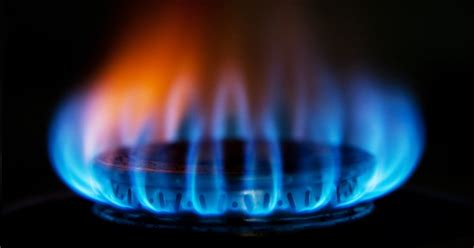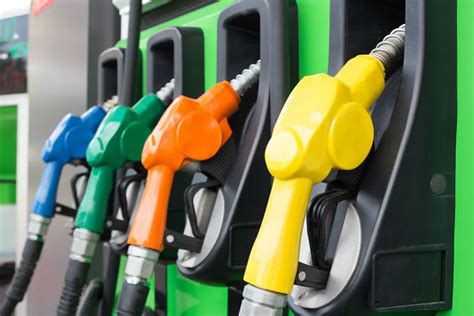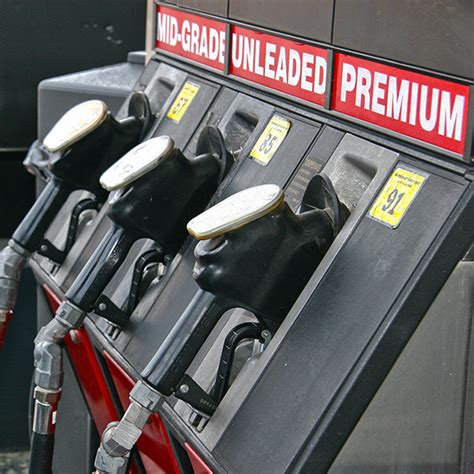Understanding Octane: More Isn’t Always Better
The choice between regular and premium gasoline is a persistent dilemma for many drivers. There’s a common belief that opting for the more expensive, higher-octane fuel will somehow enhance performance, improve fuel economy, or even clean your engine more effectively, regardless of your vehicle’s requirements. However, this isn’t always the case, and for most vehicles, spending extra on premium is literally throwing money away.
Octane rating measures a gasoline’s resistance to “knocking” or “pinging” – a phenomenon where the fuel ignites prematurely in the engine’s cylinders, leading to a loss of power and potential engine damage. Higher octane numbers indicate greater resistance to this premature ignition.

The Science Behind Octane Requirements
Engines are designed with specific compression ratios. High-performance engines, often found in luxury cars, sports cars, or vehicles with turbochargers or superchargers, have higher compression ratios. This means the air-fuel mixture is squeezed into a much smaller space before ignition. In these engines, the increased pressure and heat can cause lower-octane fuel to pre-ignite, resulting in engine knock.
To prevent this, manufacturers of such vehicles specify premium gasoline (typically 91 octane or higher) in the owner’s manual and often on the fuel door. Using the recommended fuel ensures the engine operates as designed, delivering its intended power and efficiency without risking damage from pre-ignition.
When Premium is Truly Necessary
If your car’s manufacturer explicitly states that premium fuel is “required” or “recommended” in your owner’s manual, then you should absolutely use it. These engines are precisely tuned to take advantage of the higher octane’s resistance to pre-ignition. Using regular gas in these vehicles can lead to:
- Reduced performance (e.g., lower horsepower, slower acceleration)
- Decreased fuel economy
- Potential long-term engine damage from persistent knocking, even if modern knock sensors try to compensate.

The Myth: Premium Gas for All Cars
For the vast majority of vehicles on the road – those whose owner’s manuals specify “regular” 87 octane gasoline – using premium fuel offers no tangible benefits. Modern vehicles equipped with sophisticated engine control units (ECUs) and knock sensors are designed to run perfectly fine on regular gasoline.
When you put premium gas into a car designed for regular, the ECU simply doesn’t have the programming to take advantage of the higher octane. It won’t produce more power, it won’t magically improve your gas mileage, and it won’t make your engine run cleaner than it would with regular fuel.

Does Premium Gasoline Clean Your Engine Better?
Another common misconception is that premium gasoline contains more or better detergents, thus cleaning your engine more effectively. While all gasoline sold in the United States (and many other countries) must contain a minimum level of detergents to prevent deposits, the octane rating itself has nothing to do with these cleaning additives. Both regular and premium fuels from reputable brands contain effective detergent packages. Look for “TOP TIER™” certified gasoline, which guarantees a higher standard of detergent additives regardless of octane.
When Might Higher Octane Seem to “Save” You Money?
The only scenario where higher octane fuel could “save” you money is if your vehicle explicitly requires it. By using the correct fuel, you prevent potential engine damage, maintain optimal fuel efficiency, and ensure the longevity of your engine. In this context, the extra cost per gallon is an investment in your car’s health and performance, avoiding potentially much larger repair bills down the line.
Conversely, if your car is designed for regular gasoline, consistently buying premium fuel means you are paying 10-20% more per gallon for absolutely no return. Over the course of a year, this can amount to hundreds of dollars unnecessarily spent.

Checking Your Owner’s Manual is Key
The definitive answer to whether you should use regular or premium gasoline is always found in your car’s owner’s manual. It will clearly state the recommended octane level. If it says “87 Octane Recommended” or “Regular Unleaded,” then that’s what you should use. If it says “Premium Unleaded Required” or “91+ Octane Recommended,” then spend the extra money.

Conclusion: Stick to Manufacturer Recommendations
In conclusion, the decision between regular and premium gasoline boils down to your vehicle’s specific design. For the vast majority of cars, regular 87 octane gasoline is perfectly sufficient and provides no less performance or protection than higher octane fuels. Using premium in these vehicles is a waste of money. However, if your car is engineered to demand higher octane, then using it is essential for its optimal performance and longevity, effectively “saving” you from costly repairs and suboptimal operation. Always consult your owner’s manual and choose wisely.




